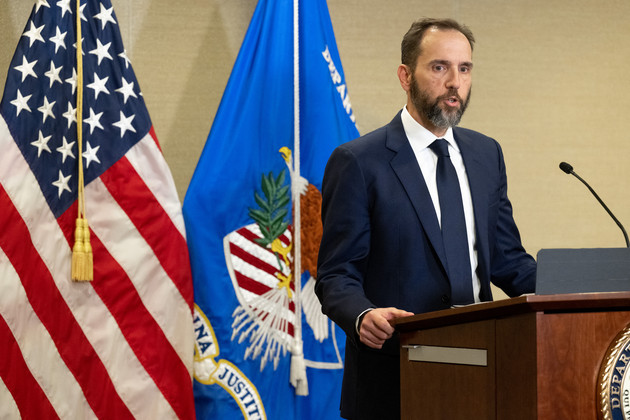On Friday, Special Counsel Jack Smith unveiled a significant batch of heavily redacted documents in his ongoing criminal investigation into former President Donald Trump’s alleged attempts to overturn the results of the 2020 presidential election. The documents, filed publicly, are part of Smith’s expansive case, which accuses Trump of subverting the democratic process in the aftermath of his electoral defeat.
This release, though heavily censored, offers crucial insight into the breadth of Smith’s investigation. It includes grand jury transcripts, FBI interview notes, and other materials gathered throughout the yearslong probe into Trump’s post-election actions. The release comes after months of anticipation, as both legal experts and political observers have been closely watching the case.
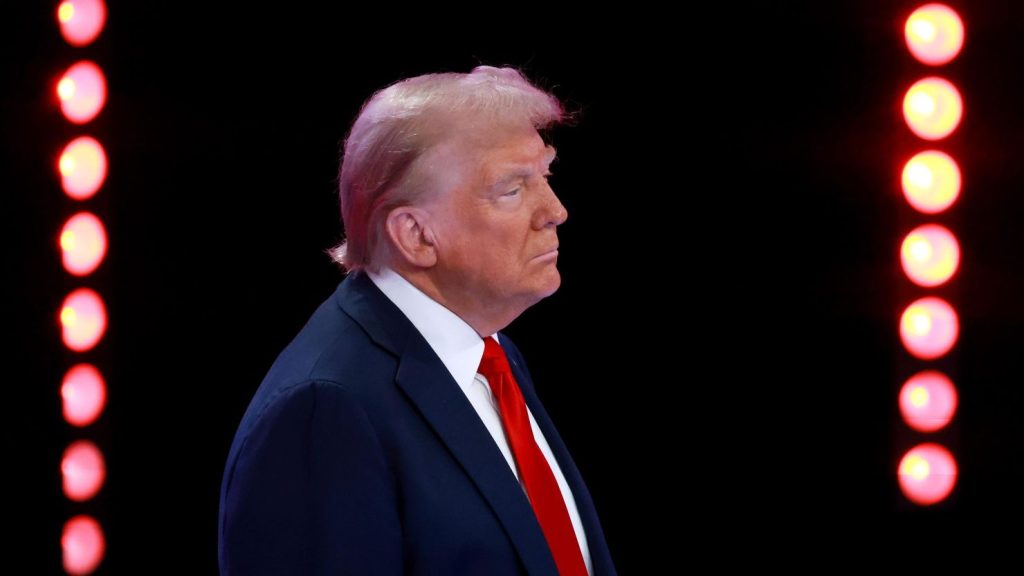
Smith’s filing earlier this month provided the most detailed explanation yet of the charges against Trump. It outlines why prosecutors believe that Trump’s actions in trying to influence the election outcome should not be protected by presidential immunity. The legal argument made by Smith’s team centers on the assertion that Trump’s conduct went beyond the scope of his presidential duties and into the realm of criminal activity, including conspiracy to defraud the United States and obstruction of justice.
Trump, who has denied any wrongdoing, faces four criminal charges related to his efforts to overturn the election results. The charges stem from his attempts to interfere with the election certification process, pressure state officials, and promote unfounded claims of widespread election fraud. Trump has pleaded not guilty to all charges, which are seen as among the most serious legal challenges he has faced in the years following his presidency.
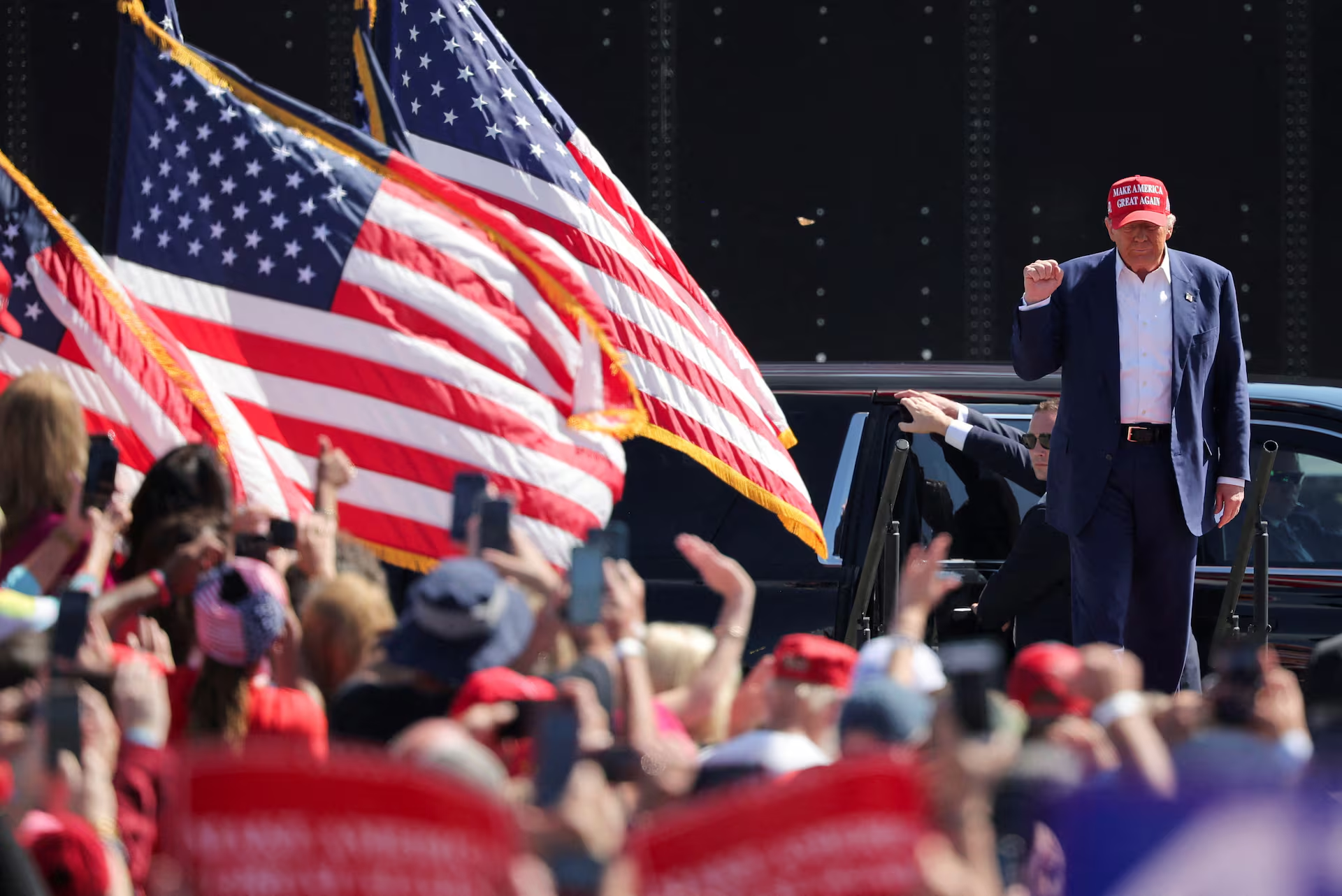
Judge Tanya Chutkan, who is overseeing the case, rejected a request by Trump’s legal team to delay the release of these documents until after Election Day. Trump’s attorneys argued that making the documents public now could be perceived as election interference and might sway voters in the lead-up to the November election. Despite this, Chutkan ruled against the delay, stating that the public’s right to access the court’s filings outweighed the concerns raised by Trump’s legal team.
The release of these documents marks a key moment in the case, which has garnered significant media attention. The documents are expected to provide further details on how Smith’s office has built its case, including testimonies and evidence gathered through interviews with key witnesses and grand jury proceedings. The redactions, however, have obscured many of the most sensitive details, limiting the public’s ability to fully assess the scope of the evidence against Trump at this stage.
The case against Trump is being closely scrutinized, both for its legal implications and its potential impact on the 2024 presidential race. The investigation has sparked debate over the limits of presidential power and accountability, especially after a landmark Supreme Court decision this summer. In that ruling, the Court affirmed that Trump enjoys partial presidential immunity, protecting him from some legal actions for crimes committed during his time in office. However, the Court also clarified that not all actions taken by a sitting president are shielded from legal scrutiny.
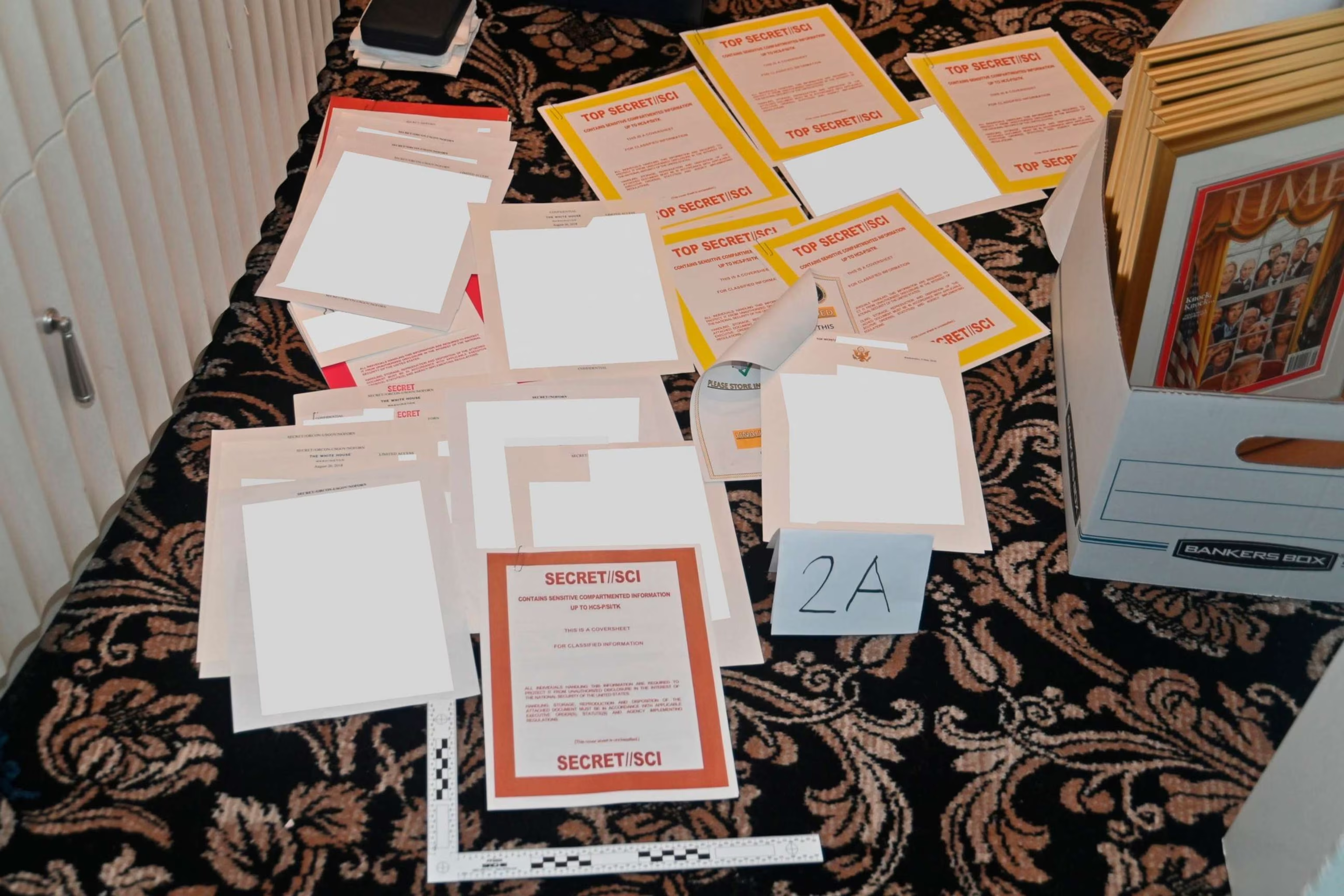
Judge Chutkan now faces the task of applying the Supreme Court’s ruling to the specific conduct at issue in the election subversion case. Her decision will have significant consequences for the trajectory of the case and could set a precedent for how future presidents are held accountable for alleged illegal actions while in office. Legal experts have been debating whether the immunity granted to Trump in the Supreme Court’s ruling will be a sufficient defense against the charges he faces.
The documents released this week have fueled further speculation about the strength of Smith’s case. Some legal analysts have pointed to the timing of the release as significant, as it may provide additional ammunition for prosecutors ahead of future hearings and trials. For now, the heavily redacted nature of the documents leaves many questions unanswered, but it is clear that Smith’s team has gathered substantial evidence to support their claims.
As the case progresses, Trump’s defense team has vowed to continue challenging the charges. They argue that Trump’s actions were consistent with his duties as president and that the legal charges are politically motivated. However, the continued release of documents and evidence is likely to keep the case in the public eye, with both sides gearing up for what promises to be a lengthy and contentious legal battle.
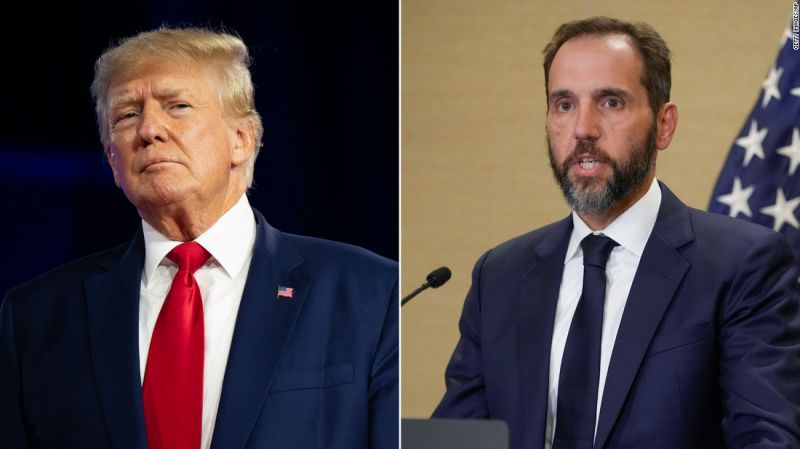
The release of the documents also comes as Trump faces other legal challenges, including investigations into his business practices, handling of classified documents, and other allegations of wrongdoing. Each of these cases carries its own risks for Trump, but the election subversion charges are among the most politically charged, as they directly relate to his actions during a critical moment in U.S. history.
As the 2024 election approaches, Trump’s legal battles will likely continue to play a significant role in shaping the political landscape. With the release of these new documents, both Trump’s supporters and critics will be watching closely to see how the case unfolds. The ongoing investigation could have far-reaching implications for the former president, the election, and the future of accountability in U.S. politics.

